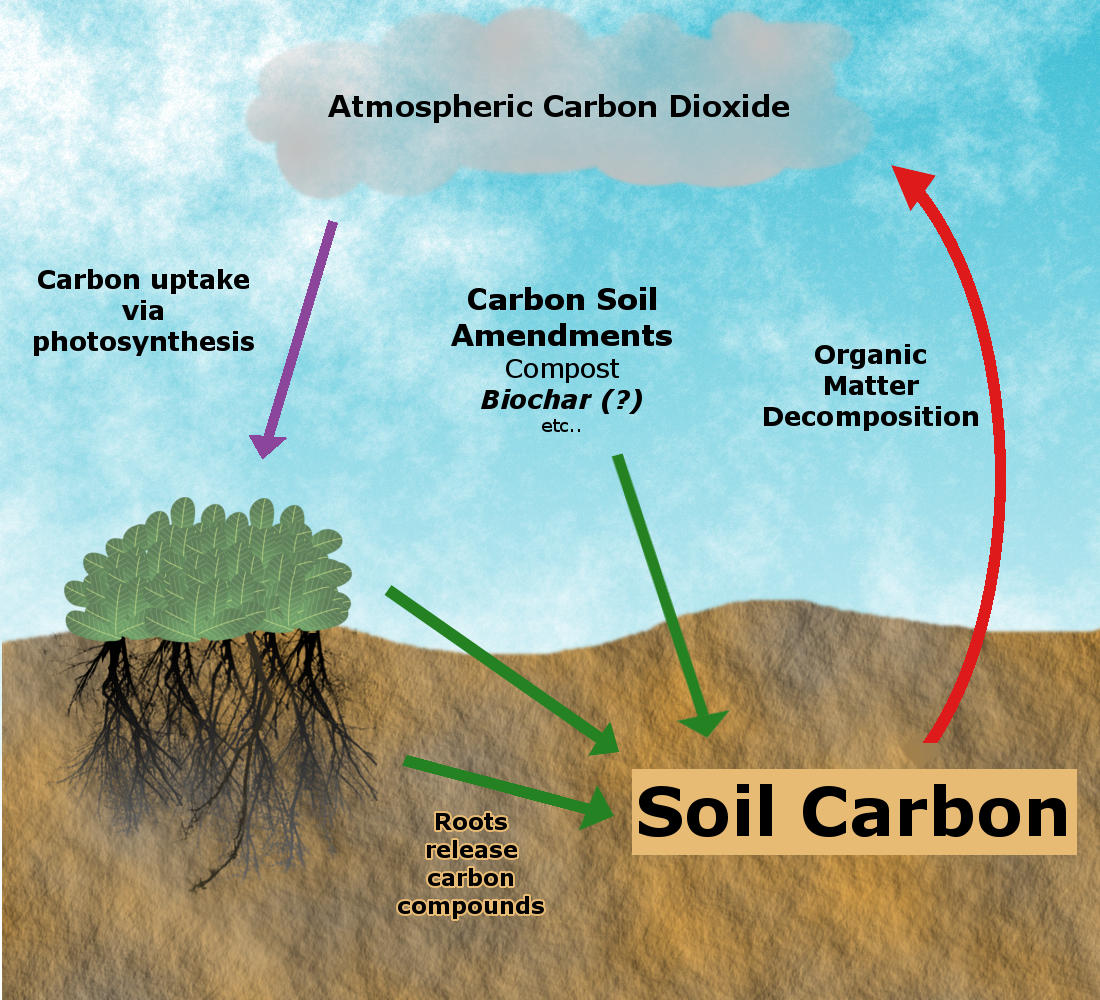Climate change: Nigeria should adopt carbon sink mechanism – Don
The Dean, Faculty of Environmental Science Nasarawa State University Keffi, Professor Nasiru M. Idris, said climate change needs an urgent attention and that there is need for Nigeria to adopt the carbon sink mechanism to tackle it. Prof Idris said Nigerians should plant trees that will serve as carbon sink to soak up carbon dioxide […]

The Dean, Faculty of Environmental Science Nasarawa State University Keffi, Professor Nasiru M. Idris, said climate change needs an urgent attention and that there is need for Nigeria to adopt the carbon sink mechanism to tackle it.
Prof Idris said Nigerians should plant trees that will serve as carbon sink to soak up carbon dioxide and release oxygen, toward tackling climate change.
He made the suggestion in a paper presentation titled ‘The Role of Afforestation Programme in Combating Climate Change and Provision for Food Security in Kaduna State’, recently.
He said climate change is evident in Nigeria with the negative impacts such as temperature rise, erratic rainfall, sand storms, desertification, low agricultural yield, drying up of water bodies and flooding in the country.
According to him, inadequate funds are hampering progress in achieving Nigeria’s objectives on climate change. “Women and children are particularly the most vulnerable to the impacts of climate change. Climate change is really of great concern to our nation. Governments should improve their financial status towards the solution of findings on this issue,” he said.
The don also noted that environmental degradation and attendant desertification are major threats to the livelihoods of the inhabitants of the northern part of the country, adding that this leads to increasing population pressure, intensive agricultural land use, overgrazing, bush burning, extraction of fuel wood and other biotic resources.
For afforestation programme to be sustainable, Prof Idris said there should be an increasing level of awareness on climate change and the benefits of afforestation among policy makers and the general population.
He further suggested that the Forestry sector be strengthened through integration with other relevant sectors and training of forestry officials, extension agents, contact farmers and school headmasters and students.
“A new paradigm of sustainable land management can support land users to
